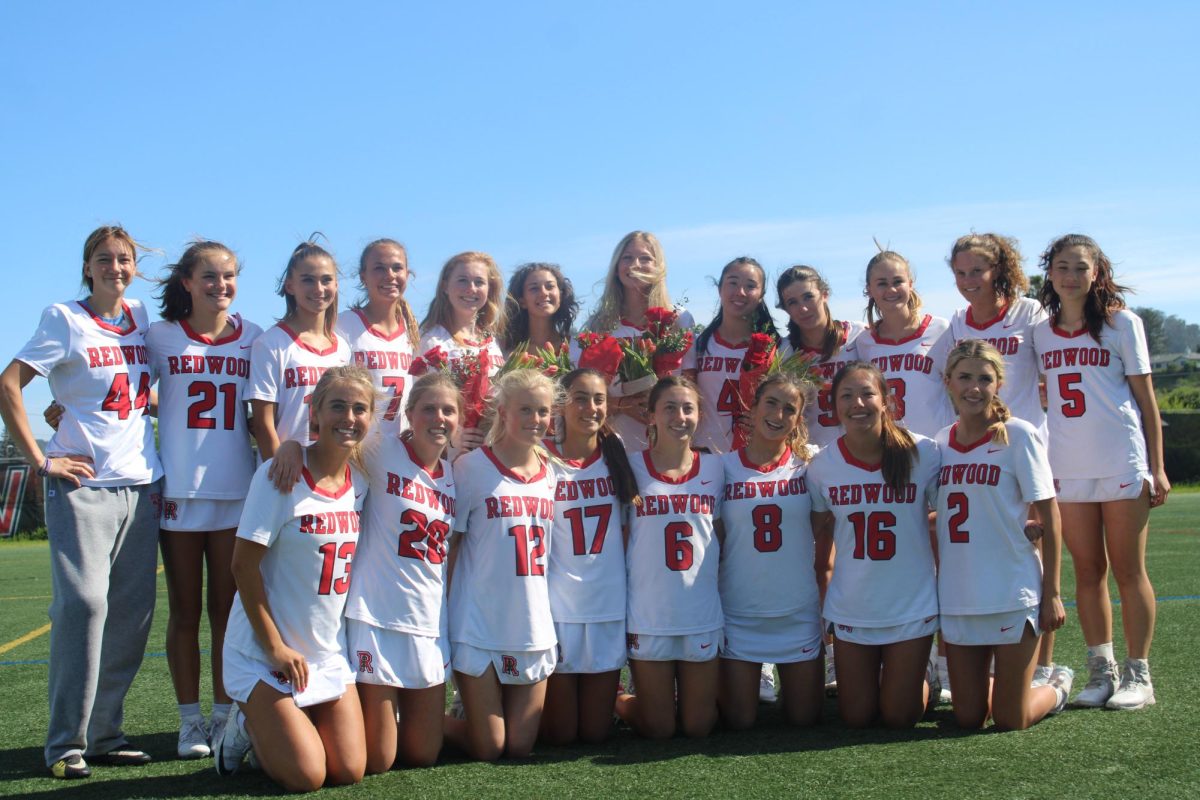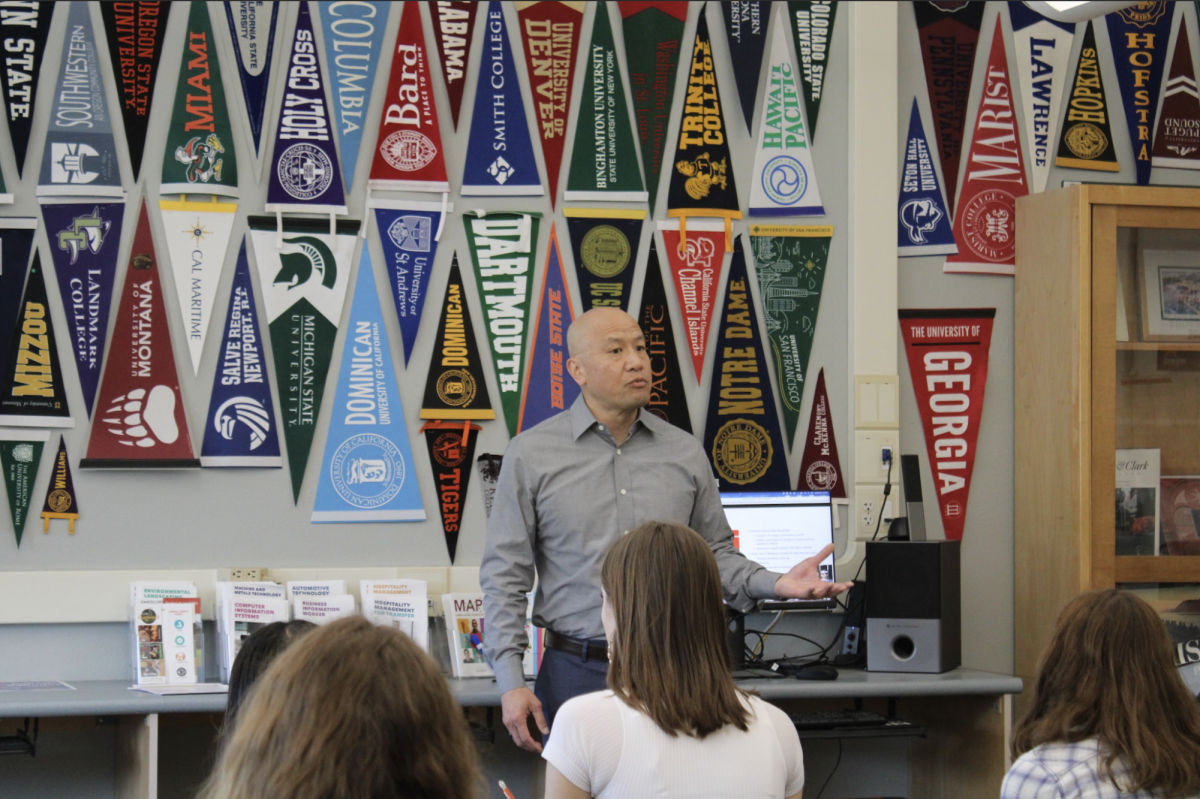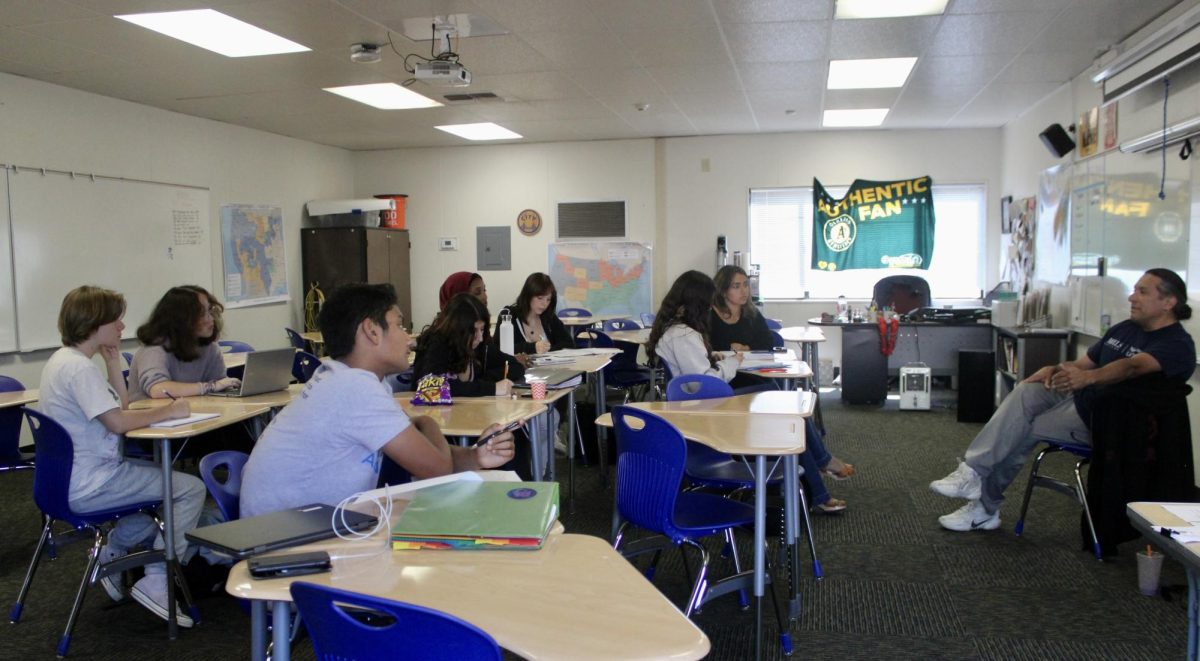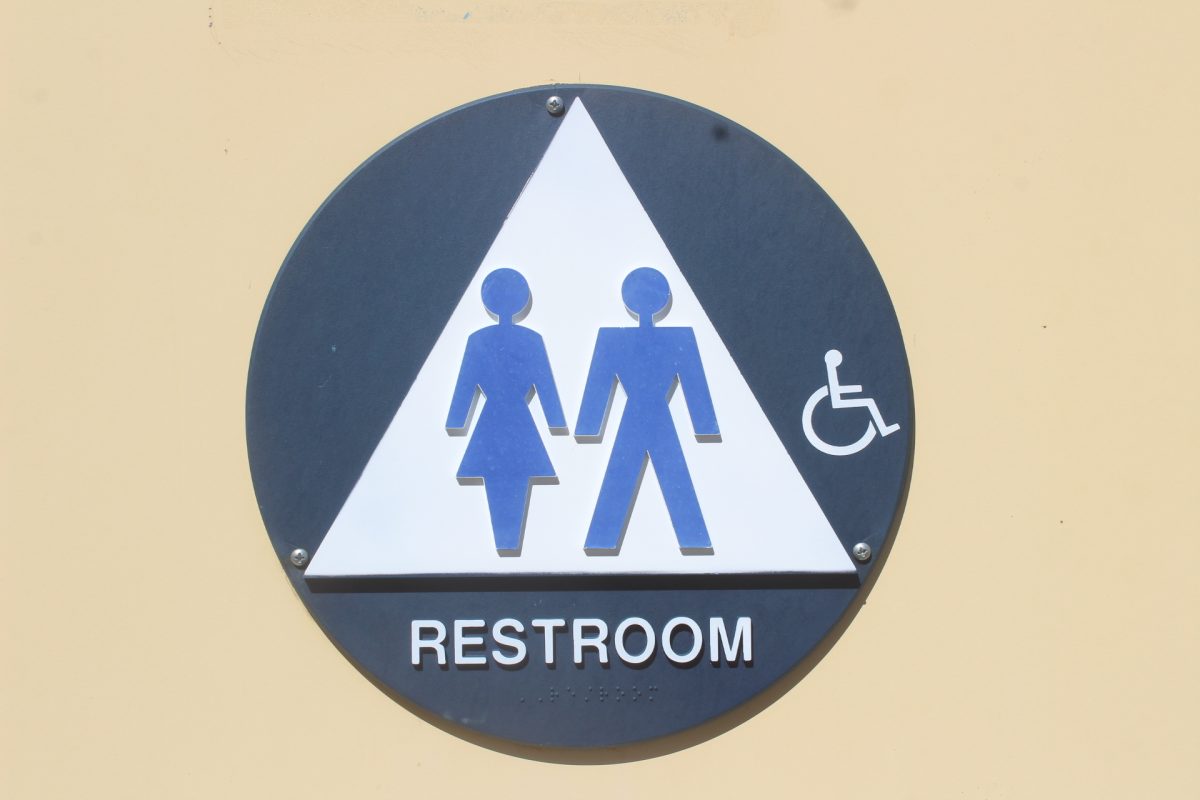In a decision that nearly split the Supreme Court in two, a ban on affirmative action in Michigan was upheld by the US Supreme Court on April 22nd, a ruling that could have far-reaching consequences as it moves forward.
Affirmative action, first introduced in 1961 by President John F. Kennedy, was an attempt to level the playing field for minorities by preventing discrimination “against any employee or applicant for employment because of race, creed, color, or national origin.” But, as could be expected, the decision was not immensely popular with all Americans, especially with those who think that affirmative action gives minorities an unfair advantage.

Of the 50 states, only eight currently ban affirmative action, including California, Texas, Florida, Michigan, and Washington. Acording to data compiled by the New York Times, the decision in Michigan was bad news for minorities.
California, for instance, banned affirmative action in 1996 via Proposition 209. At the time of the ban, Hispanics made up 41 percent of California’s population.
When affirmative action was banned in-state, the percentage of Hispanics enrolled at UC Berkeley dropped to 9 percent, a 5 percent drop from what it had been just a year earlier.
The 38 percent enrollment gap between the percentage of Californians who are Hispanic (49 percent) and the percentage accepted to Berkeley (11 percent) in 2011 is especially striking.
Because California is one of the eight states that bans affirmative action, the ruling in Michigan could extend its reach all the way to Redwood with less overall effect.
One student, a junior boy who asked to remain anonymous, believes that race is just one of the many factors that need to be considered when debating if a student should be accepted to a certain college.
“Just going by your heritage or ethnicity isn’t enough to determine something like whether or not you get into college,” he said. “There are other factors that need to be considered.”
Sophomore Zac Patel echoed a similar sentiment, even asserting that affirmative action as a program is inherently racist.
“These programs are supposed to counteract racism, but it’s really just racist in and of itself,” Patel said. “In a perfect world, race wouldn’t matter for getting into college and getting in would just be based on your grades and how worthy you are.”
In the 2012-13 school year, Redwood had a minority population of only 24.5 percent, according to the California Department of Education, with African Americans making up 1.5 percent, Asian Americans making up 4.8 percent, and Hispanics at 9.2 percent.
Comparatively, 73.4 percent of public school students in California identify themselves as races other than white, according to the U.S. News & World Report.
The ruling in Michigan may be setting a precedent for affirmative action in the rest of the country.
According to Pew Research, those opposed to affirmative action have called on other states to ban affirmative action, and if not banning it, at least moving toward a fairer methodology of ensuring racial diversity.

















